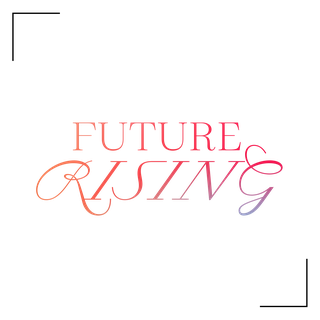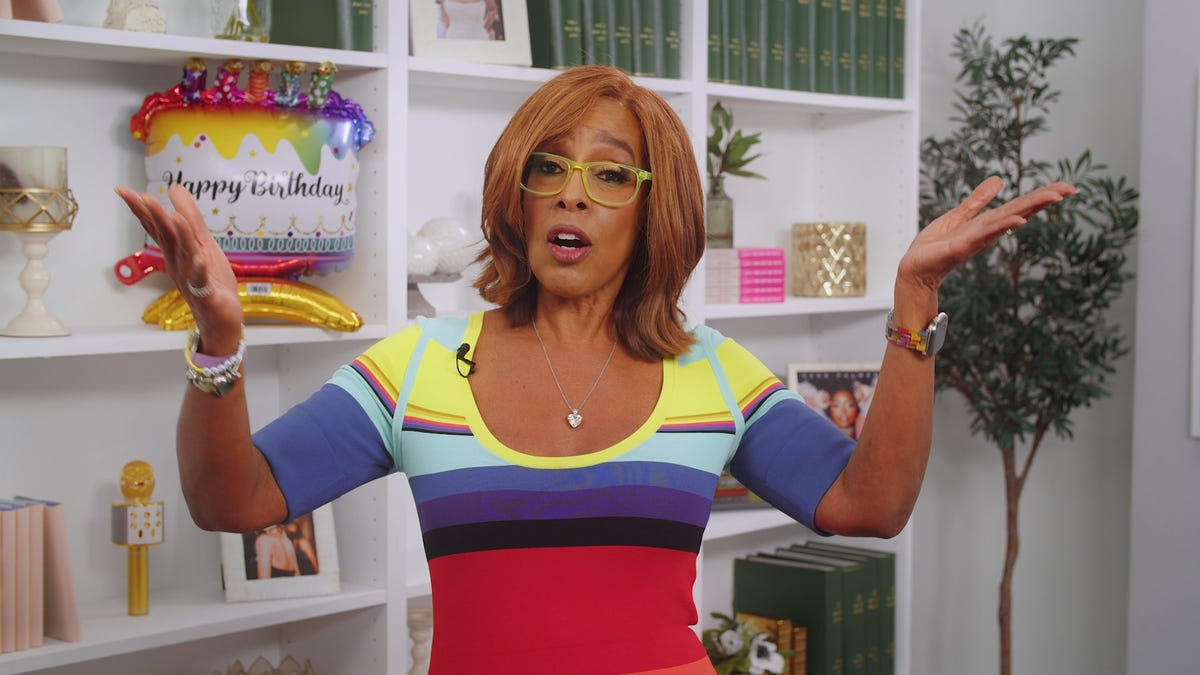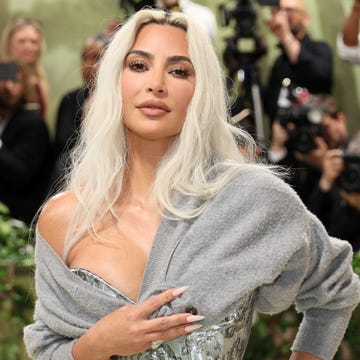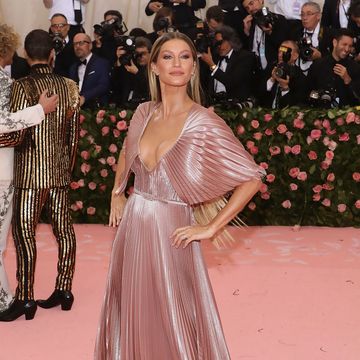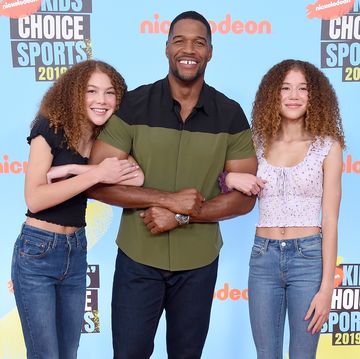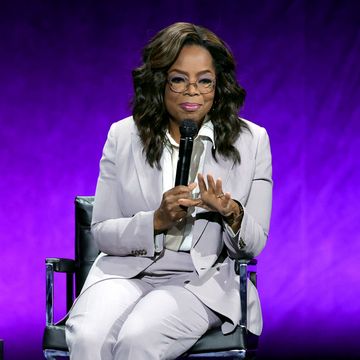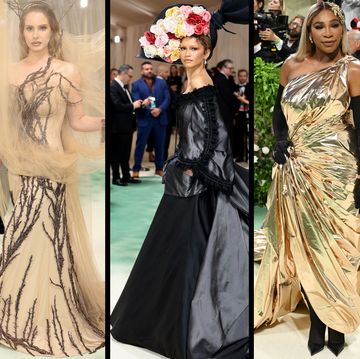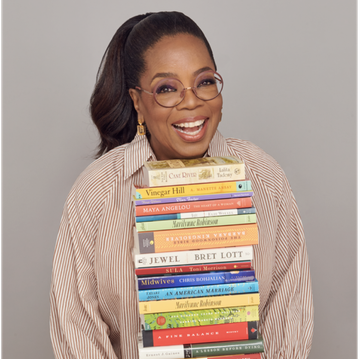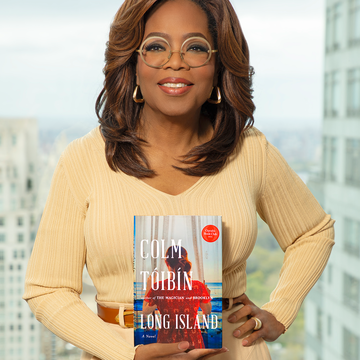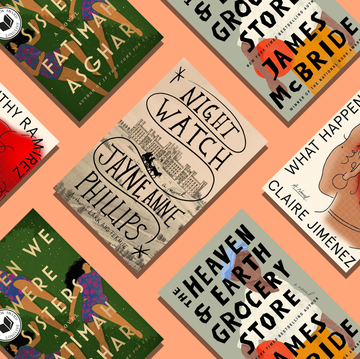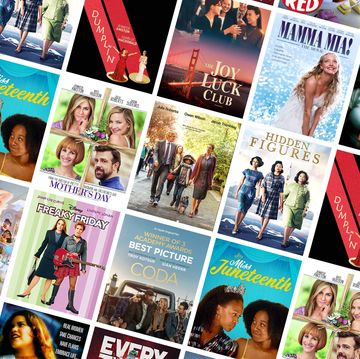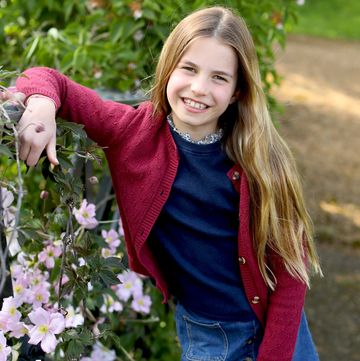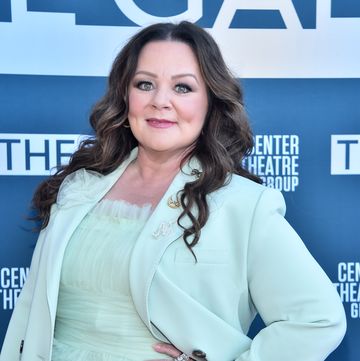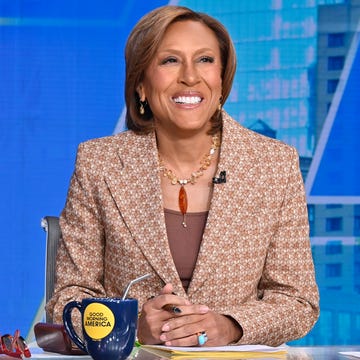Ego Nwodim always knew she was going to be an actor, all the time “pretending” she was actually going to be a doctor for her Nigerian single mom. Still, the Baltimore native (who graduated from the University of Southern California with a degree in biology, you know, just in case) thought that meant drama: “That’s what I understood acting to be at the time, despite enjoying comedy myself and being an absolute hot mess of a friend in my personal life,” she confesses. It wasn’t until she begrudgingly took improv classes at Los Angeles’s Upright Citizens Brigade Theatre at the urging of her agent that she found her true love. “My rebellious spirit got the sense that it was just busy work,” Nwodim tells me over Zoom from her Brooklyn apartment. “I was like, ‘I need some return on investment at this stage,’ but improv ended up being the most fulfilling. It helped me find my space and my voice in this industry.”
Exploring uncharted territory through improv has led to several pinch-me moments for Nwodim, including joining the cast of Saturday Night Live in 2018, cultivating a friendship with Leslie Jones, doing the cha-cha slide with John Mulaney, and even receiving praise from the legendary Dionne Warwick for her spot-on impression of the singer. “Sometimes you think of a dream as something you’re pursuing, but sometimes a dream can be something you’re existing within already,” Nwodim says while staring at a printed Tweet from Warwick that reads: “You did a wonderful job, baby. You are a star.”
The 34-year-old comedian often draws from her own upbringing, specifically as a first-generation Nigerian American, to freshen up SNL’s historically white-male point of view. Her “Proud Parents,” “Loco,” and “A Black Woman Who’s Been Missing for 10 Years” sketches have resonated with millions of viewers. “So much of it is figuring out what experiences of yours translate into sketch comedy while tapping into more universal feelings,” Nwodim explains about working on her standout sketches. “You’re like, ‘Oh, you share that experience? You were thinking the same thing?’ That’s what makes comedy so special; it can make you feel less alone.”
Here, Nwodim talks about her SNL debut, the tools Black women need to thrive in comedy, and the inspiring advice Bob Saget gave her.
As only the seventh Black woman to be a member of the SNL cast in the show’s 47-year run, is there any pressure to speak on behalf of the Black community?
First, I take that statistic seriously, and I accepted the job because I felt equipped to be able to do it. I thought, If I can go do this job and demonstrate to this audience, and to these producers, that a Black woman can do this job and can do this job well, it’s going to be easier for the Black women who come after me in this space. The desire to make it easier for the next Black woman was really the driving force. Any time I feel frustrated or discouraged, I try to remember that. And I want to be clear that I stand on the shoulders of the Black women who came before me at SNL, and I am happy to be standing alongside Punkie Johnson now. That said, I don’t know that I feel pressure so much as I feel a sense of responsibility, and I am ultimately speaking from my experience as a Black woman.
During my first season, I didn’t do as much as I had hoped. I was still finding my footing, and understanding the show, and what works there. I remember thinking, The audience must be assuming I'm going to get asked back just because I’m Black, but I know that I have a particular skill set, and I know that I can do this. SNL is its own entity, so figuring out how to suit the show’s voice while making room for mine is its own set of challenges. But it’s been rewarding to feel like I’m making some impact on the front of making it easier for the next Black woman to join the cast.
In 2013, there were a lot of conversations about SNL’s diversity problem. Now, almost a decade later, what steps is the show making in terms of recruiting and retaining diverse talent?
We live in a society where white is oftentimes deemed the default. That’s why we still have qualifiers. I’m so proud to be a Black female comedian, but I’d love for us to get to a place where we don’t need the qualifiers, to a place where we understand diversity is a beautiful fact of life. There’s a lot of language in our industry about diversity that rubs me the wrong way, because it treats diversity like it’s a fad or a trend. When white is no longer the default, I think we can lose the qualifiers.
SNL is doing its best right now to reflect the larger human population, which is incredibly diverse. Of course, I want to see the show become more diverse and represent even a wider range of perspectives and voices, but I see the effort that the show is making, and sometimes the change you want to see does take some time. It’s like anybody trying to talk to their parents about change. You chip away slowly and hope that they start to understand over time. I’m seeing change happen slowly, and I’m glad to be part of it and be present for some of it.
It seems that Black women in comedy are often expected to shock and awe with swearing and explicit topics, but you’re showing the power of intellect—would you agree? What needs to happen to make room for a myriad of comedy styles among Black women?
You asked if I agree that I demonstrate intellect? I’m like, You know what? Pat myself on the back. Yeah. [Laughs] Thank you. I appreciate that compliment. But I am just a reflection of my background and my experience. Allowing Black women to be fully themselves and not trying to dictate the way you want us to show up in our creative endeavors is what’s going to help get us there faster. We need people who are in power to take the initiative and make a concerted effort to uplift and showcase Black women’s voices. Black women deserve space to make the same mistakes and experience the same growth processes that other comedians have. There are white male comedians who just perform funny songs, there are white male comedians who are super crass, and then there are white male comedians who really make you think. I want to see that demonstrated in the comedy world with Black women, too. The best thing I can do is be authentic and create comedy that reflects my own voice.
What kind of impact do you feel you’re making as a Black woman in comedy?
I was at an event with a bunch of comedy greats, and they were taking a group picture, and someone was like, “You get in the picture.” I was like, “Oh my gosh; I couldn’t dare.” When I hear ‘impact,’ I think it’s such a big word, but impact can happen also on a smaller, more intimate level. I hope to make it easier for Black women to take up space at SNL and in comedy. If some executive somewhere sees me and goes, “Oh, okay. I really like her,” then when another Black woman’s head shot crosses their desk thinks, Oh, we’ve seen it done before; I believe this woman can as well, that’s the kind of impact I hope to make.
A few years ago, I met Bob Saget, and I said something to him like “My friend booked a job,” and he goes, “I can’t stand that language. Your friend didn’t book a job; your friend is working.” He was right, and that moment sticks with me still. As actors, we look at these jobs as little prizes that someone gave us. A surgeon wouldn't necessarily say, “Oh, I booked a surgery.” They’d say, “I’m working.” There’s something special about taking ownership of your identity and being confident in it. So now I’m like, “No you’re doing it. You can be in the picture.”
This interview has been edited and condensed for clarity.
This story was created as part of Future Rising in partnership with Lexus. Future Rising is a series running across Hearst Magazines to celebrate the profound impact of Black culture on American life, and to spotlight some of the most dynamic voices of our time. Go to oprahdaily.com/futurerising for the complete portfolio.

Princess Gabbara is the Senior Culture Editor at Oprah Daily, where she oversees the site’s TV, movies, and music coverage. Before joining Oprah Daily, she served as Bustle’s lifestyle editor and as the sole web editor at Rachael Ray Every Day. Her bylines have appeared in Billboard, MTV News, Bitch Media, and Shondaland. Her career highlights include exclusive interview coverage of celebrities, including Mariah Carey, Venus and Serena Williams, Mary J. Blige, Lady Gaga, and Billy Porter. Follow her on Twitter



